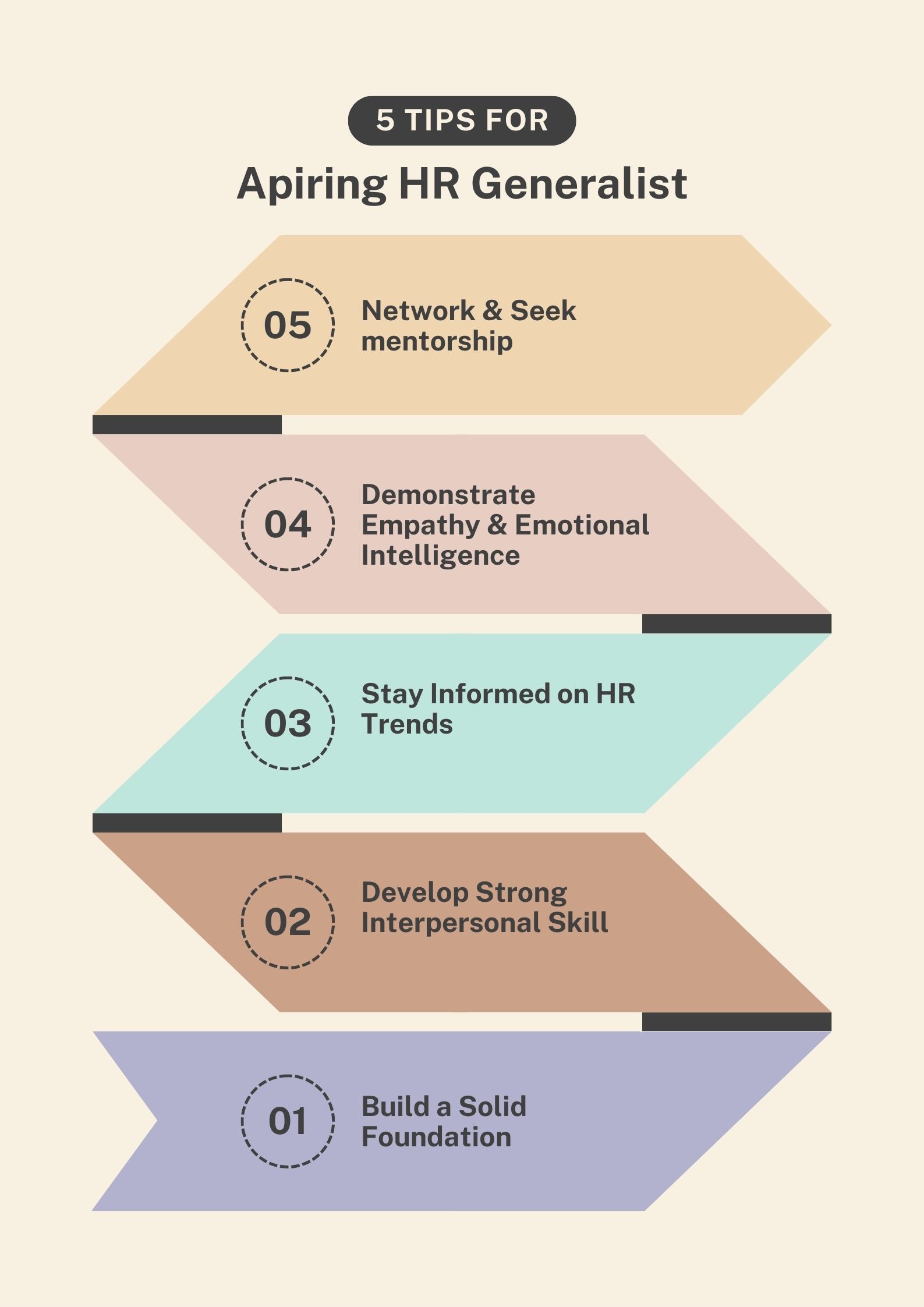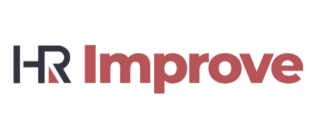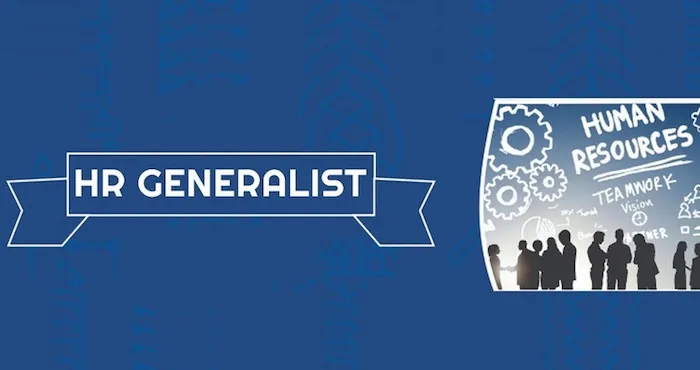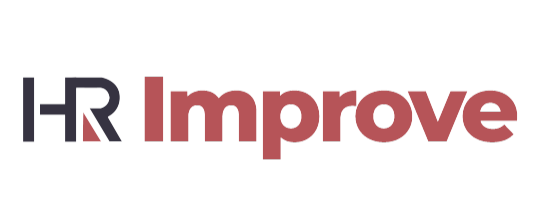WHO IS A HUMAN RESOURCE GENERALIST: Skills & Qualities of a HR Generalist
February 27, 2024 2024-03-06 11:41WHO IS A HUMAN RESOURCE GENERALIST: Skills & Qualities of a HR Generalist
A human resource generalist is one to whom other human resource managers report to in the organization. Look at it this way: they are like the general manager, only in this case, their role is entirely different. Continue reading to understand, in detail, the role of a human resource generalist in an organization. This article will also shed light on the common challenges faced by HR generalists and how to overcome them
Who is an HR Generalist?
An HR generalist is someone who has a comprehensive understanding of human resource functions. Rather than focusing on a single area of work, an HR generalist typically handles a wide range of HR-related activities, from hiring to onboarding, employee remuneration to evaluation. Furthermore, they handle talent recruiting, training and development, employee engagement, and performance. Human resources generalists also assist leaders in making personnel decisions and are involved in all stages of the employee life cycle.
This is the place to be if you are passionate about human resources, understand labor law, and want to pursue a career in this industry.
You might like to read my article on how to become an HR manager
Moving on, let’s see the role of a human resource generalist
What Do HR Generalists Do?
The organization’s needs determine the day-to-day priorities and roles of an HR generalist. Being an HR generalist means you’ll have a wide variety of responsibilities. Trainings, benefits, and leave administration, as well as the creation of HR policy, are just a few of the many HR-related duties you may expect to take on. Maintaining accurate and private employee records is your responsibility in the HR information system (HRIS). Also, when employees have questions about human resources, you will be the one they go to for answers.
Key Takeaways:
1. A human resource generalist is one to whom other human resource managers report to in the organization
2. Every organization needs someone to recruit and onboard new employees.
3. An HR generalist’s forte should be advising supervisors on how to connect with their teams, provide constructive criticism, and foster an environment where everyone feels valued and respected.
4. Every career comes with its challenges, and that of an HR generalist is not left out. The good news is that technology can address 70% of the difficulties faced by HR generalists
5. Generalists in human resources need to be good listeners who use rules to make sure employees are safe and happy. That is, you can listen to staff or job applicants without taking a side.
Duties and Responsibilities of an HR Generalist
Let’s just say that you’re interested in pursuing a career in this industry. Here is a list of the most common HR generalist duties and responsibilities to be aware of.
#1. Recruiting and onboarding
Recruiting and onboarding responsibilities include the following:
- Administrative tasks related to scheduling interviews with the hiring team.
- Coordinate postings for jobs.
- Leading the salary discussions
- Finding applicants
- Screening resumes.
- Working with immigration to obtain visas for foreign hires
- Conducting interviews.
- Putting together an employment offer
- Conducting references and background checks.
- Managing the Employee Onboarding Process
- Complying with all applicable regulations regarding reporting and record retention
- Serving as an advisor for hiring managers
Every organization needs someone to recruit and onboard new employees. In small businesses, managers may handle this until it becomes too large a responsibility. However, this is frequently the primary function of an HR generalist. Every employee goes through the recruitment and onboarding process, which is why it is so important. It is not only important to consider who firms recruit but also who makes the hire. When you get this process wrong, you’ll end up hiring the wrong candidates, and that’s certainly not good for the organization.
You might also like: Positive Impact of Human Resource Development
#2. Employee Relations/Workplace Ties
Employee relations, or workplace ties, encapsulate everything that has to do with managing the people side of a company on a daily basis.
This includes:
- Managing development: An HR generalist’s forte should be advising supervisors on how to connect with their teams, provide constructive criticism, and foster an environment where everyone feels valued and respected.
- Investigating allegations of harassment and discrimination: Resolving allegations of sexual harassment, gender bias, age discrimination, racial discrimination, and national origin discrimination through conducting an investigation and making a business decision. When investigating allegations of wrongdoing on the part of an employee, it is important to note that not all forms of aggressive or disrespectful behavior constitute harassment.
- Firing employees: Having to fire someone regardless of their offense remains one of my emotional moments as HR. Again, that is why emotional intelligence is important, because you must not allow your emotions to cloud your judgment in both the hiring and firing processes. While the immediate supervisor is responsible for breaking the news of termination to the employee, the HR generalist should be present to provide support and serve as a witness. Managers ought to always seek HR’s advice before terminating an employee.
- Labor relations: The HR generalist’s responsibilities in labor relations can include overseeing collective bargaining and acting as a go-between for the company and its employee work council and any relevant trade unions. This includes negotiating terms for unionized staff. Depending on the country the generalist is working in, this exact role’s relevance can vary substantially.
- Conducting departure interviews: When workers quit, HR generalists frequently meet with them to discuss their reasons for leaving, gathering valuable information that may be utilized to enhance the company moving forward.
#3. Management of benefits
When it comes to employee benefits and perks like healthcare, pensions, retirement plans, and vacation time, the HR generalist is the one to handle any questions or administrative duties.
The HR generalist might also be in charge of researching the pay and benefits that rivals are offering to attract top talent.
#4. Employee administration and support
HR generalists must accurately maintain staff files, HRIS data, and all other HR documentation. Additionally, they are frequently the initial point of contact for staff members with inquiries or complaints about paperwork, contracts, and other related matters.
It is also the responsibility of the HR generalist to handle leaves of absence, be they for personal or medical reasons. Managing leave programs, maintaining paperwork organization, and abiding by all governmental regulations might be necessary for this. To correctly categorize and authorize the leave, the HR generalist should be well-versed in the various forms of leave.
Skills & Qualities of HR Generalist
In my journey to becoming a great human resource manager, I have read a couple of HR-related books. One of them is “Leading the Unleadable.” The writer narrated several situations where he transformed the most difficult and troublesome staff into tremendous. I learned from the book that, in most cases, what the staff needs is to improve and not be removed.
In all of the ways he handled each situation, I realized that he, the writer, has a very strong and effective communication skill. That being said, a human resource generalist must possess a healthy communication skill. Other qualities may include:
#1. Being proactive
The “do what you’re told” mentality is prevalent in most organizations. However, an HR generalist job requires initiative, unlike most other jobs. Proactivity, like communication skills, is an all-around quality. However, it plays a specific role for an HR generalist. As long as the business runs smoothly, a generalist is doing an excellent job. This will only happen if the HR generalist is proactive.
#2. Administrative Skill
When payroll time rolls around, the accounting department will have a much easier time processing a well-maintained HR database. A single error can cause an overwhelming cascade of paperwork and human resource delays.
A human resources generalist with administrative experience typically handles the following tasks and responsibilities:
- Set the right systems in place to manage payroll, salary, benefits, regulations, and employee performance.
- Draft sensitive documents for use in company reorganizations (large or small), departmental administration, employee information updates, and project management.
- For everyday activities, maintain an up-to-date database.
#3. Active Listening Skill
Generalists in human resources need to be good listeners who use rules to make sure employees are safe and happy. That is, you can listen to staff or job applicants without taking a side.
It’s easier to talk about something good, for example, a one-month paid vacation, than breaking the news of suspensions or layoffs. When you have to tell someone bad news, you should first listen and then act.
#4. Business Awareness
When it comes to business, an HR generalist should know how the company makes money. Being a human resource generalist means helping everyone, but you can’t do your job well if you don’t know what makes the business run.
You might say that this is the job of the finance and accounting departments, and you would be right. However, you should know how to do any payroll tasks that come up. Having this quality also means that the HR generalist must be ready to share some business ideas that’ll help make more profit for the organization.
#5. Ability to Advice
In human resources, the role of HR generalist is lower on the totem pole. But even a generalist in human resources needs to act like a manager. In certain situations, a human resources generalist can engage a manager in brief training programs to enhance the manager’s competence.
Providing advice is a multi-skilled approach to HRM. A bachelor’s degree and a couple of certifications won’t help an HR generalist who isn’t comfortable with employee interactions or who can’t establish healthy dominance. That is why the ability to advise and manage is so valued.
Common Challenges HR Generalists Face
Every career comes with its challenges, and that of an HR generalist is not left out. The good news is that technology can address 70% of the difficulties faced by HR generalists. Below are the challenges and solutions to each one:
#1. Managing in-office, remote, and hybrid workers
A major HR challenge is managing remote, hybrid, and in-office work schedules as companies try to balance operational needs, a diverse workforce, and productivity while upholding a strong corporate culture. This balancing act entails managing the subtleties of team chemistry in various working settings, technical needs, and logistical complications.
Remedy
- Using technology to facilitate unified communication:
As per Statista (2023), 43% of workers say that the most challenging aspect of working remotely is not feeling involved in meetings. To balance distant work models, it is essential to invest in all-inclusive communication and collaboration solutions that enable smooth engagement across all work arrangements. Frequent usage of digital workspaces, project management software, and video conferencing can aid in bridging the gap between various work environments.
In the organization where I head the HR department, we have more employees who work remotely. Half of them are software and product developers, while the others are content creators. To ensure smooth engagement across these two sections, I created a platform where communication and collaboration are seamless. I also have virtual meetings two to three times weekly
- Putting inclusive policies into practice:
Another solution to managing remote, in-office, and hybrid work activities is establishing guidelines that guarantee equitable access, treatment, and opportunity for all workers, irrespective of how they are organized for employment. This entails consistent check-ins, welcoming meeting procedures, and fair access to chances for growth and promotion.
#2. Payment and Perks
More than ever, creating and overseeing pay and benefit plans that are equitable, competitive, and in line with company objectives is a difficult task. The need for flexibility in the face of a dynamic global market, the growing diversity of the workforce, and developing employee expectations are the main causes of this complexity. These benefits must represent the ideals of a contemporary, socially conscious company by encouraging diversity and well-being in addition to attracting and keeping top talent.
Remedy
- Platforms for flexible benefits administration:
These systems can offer staff members a range of alternatives, enabling customization within a framework that is still affordable and manageable for the company.
- Technology and data analytics:
HR generalists can better manage the complexities of global compensation and benefits initiatives by utilizing technology and data analytics. These technologies can provide information about compliance standards, employee preferences, and how benefits affect performance and retention.
- ROI analysis:
HR generalists, with their team, may show the worth of investments by creating measures to evaluate how pay and benefits affect productivity, retention rates, and employee happiness. Additionally, this research can help with modifications to maintain the efficacy and alignment of benefit programs with corporate goals.
#3. Adherence to legal and regulatory requirements
Because the legal environment around employment is constantly changing, adhering to rules and regulations is a major HR concern. The complexity of global operations is making it more challenging to manage a complex network of local, national, and international laws that regulate employment practices, data protection, health and safety, and workplace equity. HR generalists have a great deal of responsibility to stay educated and guarantee organizational compliance because of the dynamic nature of these regulations and the possibility of harsh penalties in the event of non-compliance.
Remedy
- Strong compliance infrastructure:
Assigning a specific compliance team or officer inside HR to keep an eye on changes to regulations, evaluate how they affect the company, and amend policies as needed. This group can act as a single resource for information and direction regarding compliance-related matters.
- Leveraging technology:
Making use of compliance management software, which can automate compliance chores, monitor changes in laws and regulations, and guarantee that all data handling procedures and HR processes adhere to applicable legal requirements. Also, frequent instruction and putting in place continuous compliance training programs on topics like harassment, data protection, and moral behavior for managers and staff.
#4. Making decisions based on data
As businesses look to use data analytics to guide their strategy for hiring, employee engagement, retention, performance management, and other crucial human resources areas, data-driven decision-making in HR has become more and more important. To fully achieve the potential of a data-driven strategy, some obstacles must be overcome, calling for complex solutions.
Remedy
- Investing in HR technology:
By putting advanced HR technology solutions into practice, such as integrated HRIS and advanced analytics platforms, data quality can be improved and data from various sources can be more easily integrated, facilitating the development of actionable insights.
- Upskilling and interdisciplinary teams:
The skills gap can be closed by helping HR personnel become more data literate and by encouraging cooperation between the data science and HR departments. Providing training and forming interdisciplinary teams guarantee that data-driven insights are precise and pertinent to HR goals.
#5. Using AI to increase productivity and efficiency
This challenge is figuring out how to integrate AI technology into different HR procedures while making sure these tools complement human workforces and follow ethical guidelines. Finding the ideal balance between technological innovation and human-centric HR management strategies is the key problem.
Remedy
- Investing in the education of HR tech:
The skills gap can be closed by providing HR professionals with AI and data analytics education and training, enabling them to successfully use AI tools for strategy creation and decision-making. Also, educating staff members on the goals, advantages, and constraints of artificial intelligence (AI) technologies helps foster acceptance and trust. Facilitating training on utilizing and interacting with these tools might facilitate integration even more.
- Cross-functional cooperation:
Collaboration between HR, IT, and other relevant departments can make the seamless integration of AI technologies into current systems easier. This cooperative approach ensures technical compatibility and alignment with corporate objectives.
#6. Bringing in the right people
With the current state of the industry being so competitive, HR places a high premium on talent acquisition. Companies must continuously look for and hire top talent due to changing demographics, an increase in the demand for talent, and a lack of qualified applicants. One of the biggest problems in workforce management, though, is that HR departments find it difficult to attract applicants with the right experience or skill set due to the growing need for qualified labor.
Remedy
- Employer brand enhancement:
HR can focus on promoting the firm’s values, culture, and employee testimonies on a variety of platforms to strengthen the employer brand of the company.
- Development of talent pipelines:
Establishing connections with possible candidates proactively through networking gatherings, talent pipelines, and collaborations with academic institutions can aid in producing a consistent flow of competent applicants.
- Initiatives for skill development:
By showcasing a dedication to professional advancement and development, investing in employee training and development programs to upskill current employees and close skills gaps can aid in luring top talent.
- Diversity and inclusion initiatives:
Employing programs like employee resource groups, diverse recruiting procedures, and unconscious bias training helps foster a more welcoming and inclusive work environment that attracts a broad pool of applicants.
#7. Strengthening the bonds between managers and staff
The emergence of remote and hybrid work models, a greater reliance on technology for communication, the need to uphold transparency in a digitally mediated work environment, and the growing diversity of the workforce all make it more challenging to establish and maintain manager-employee relationships.
Remedy
- Leveraging technology:
Regular video calls, online team-building exercises, and unofficial check-ins can help close the distance that distant work creates between managers and their team members.
- Establishing a transparent and trusting culture:
It’s critical to establish an organizational culture that values candor, open communication, and respect for one another. This entails articulating the objectives, standards, and core values of the organization clearly and creating a climate in which criticism is welcomed and taken seriously.
- Initiatives for career development:
Putting in place formal programs for career development, mentorship opportunities, and ongoing learning to assist staff development. Managers should actively engage in career ambition discussions with their team members and offer direction and encouragement to help them reach their objectives.
- Training and Development for Managers:
Invest in leadership development courses that provide managers with the know-how to lead multicultural teams, communicate clearly, and create a happy work atmosphere. Training in conflict resolution, emotional intelligence, and inclusive leadership techniques are all part of this.
How Do You Become a Good Human Resource Generalist?
A good Human Resource Generalist needs to be able to talk to workers clearly and understand what they need to know. They also need to know how HR issues work and how legal issues affect their company and their workers.
Tips for Aspiring HR Generalists

How Much Does an HR Generalist Make?
When you work as an HR generalist, your pay will depend on how much experience you have, the size and location of the company, and your unique job duties. In this case, an HR generalist who is in charge of 50 people is likely to make less than someone who is in charge of 150 people and also oversees people in specialized jobs.
The average pay for an HR generalist in New York, according to Glassdoor, is $75,455 per year, while in Texas it is just under $65,000.
What is the Difference Between an HR Generalist and an HR Manager?
An HR generalist works in human resources and handles many of the everyday tasks and chores that happen in HR departments. An HR Manager is also an HR worker, but they are in charge of a group of HR Generalists



